Macau Gaming Regulator Charged with Participating in Prostitution Ring
Posted on: February 8, 2023, 01:04h.
Last updated on: February 8, 2023, 02:57h.
A Macau gaming regulator employed by the enclave’s Gaming Inspection and Coordination Bureau (DICJ) is facing criminal charges for his alleged participation in an illegal prostitution enterprise.
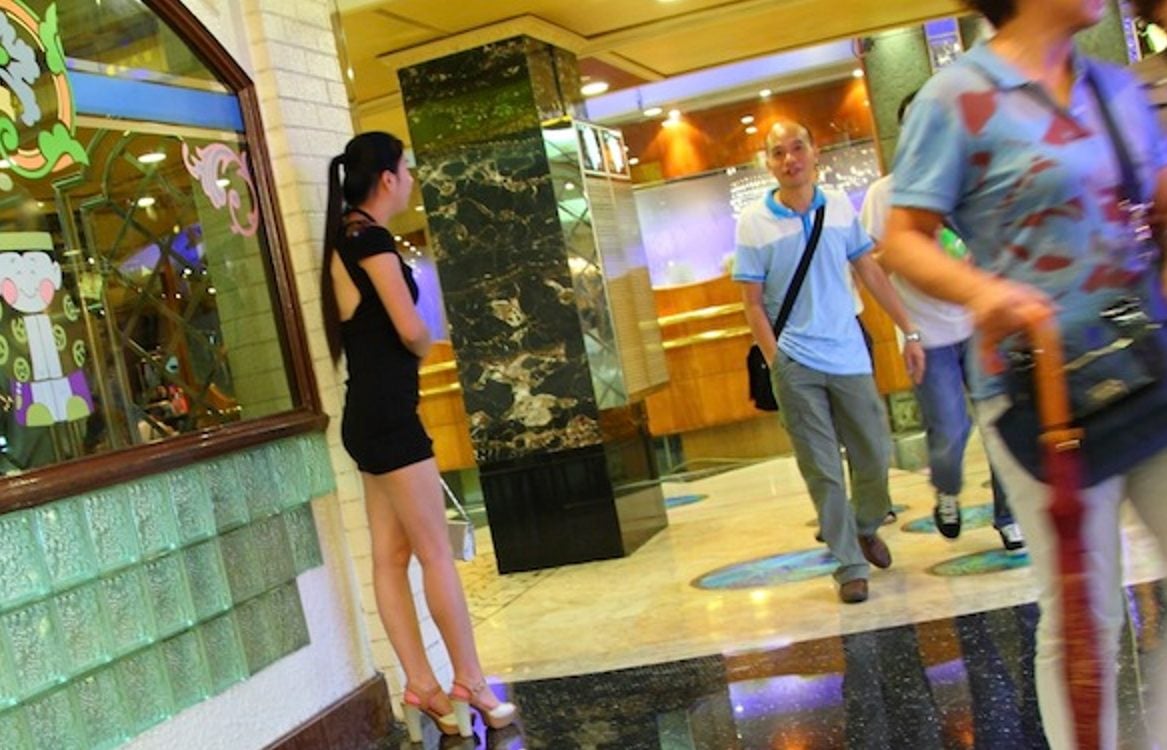
In September, Macau’s Judiciary Police (PJ) arrested 19 individuals who allegedly operated an online prostitution network since at least 2009. The law enforcement crackdown also resulted in the arrests of 54 female prostitutes.
Police announced Wednesday that two additional people have been arrested and charged for their roles in the alleged prostitution scheme. One of those individuals is reportedly an employee at the DICJ, one of the most powerful government agencies in Macau that is tasked with monitoring the Chinese enclave’s multibillion-dollar gaming industry.
The DICJ said the staffer is a 58-year-old Macau resident who has worked at the gaming bureau for three decades.
Prostitution is legal in Macau, but only for the woman or person who wants to rent out their body. A prostitute is to work independently and cannot publicly advertise their services.
No one other than the prostitute is to financially benefit from prostitution, meaning brothels and other organized sex rings run by pimps or managers are prohibited. Many prostitutes work in salons and massage parlors and offer their bodies as add-on services.
DICJ Response
The DICJ regulates the industry most essential to Macau’s overall economic health. Casinos are responsible for about 80 cents of every tax dollar the local government receives.
The bureau’s mission is to promote the “healthy and orderly” operation of casino gaming in Macau and safeguard “the overall interests of the Special Administrative Region,” the DICJ website reads.
The gaming agency says it will take the arrest of one of its own seriously.
The DICJ is highly concerned about the alleged breach of law by this employee and will handle the case in accordance with the law and punish him severely,” a DICJ statement explained. “We will open an internal disciplinary investigation and take precautionary suspension to hold the offender responsible in accordance with the law.”
Law enforcement said its probe of the alleged online prostitution ring concluded that the criminal enterprise made at least $1.5 million in profits during its more than 10-year run. The booking platform has since been taken offline.
Persons found guilty of illegal prostitution in Macau face steep penalties and prison terms of up to 15 years. Prostitution is permitted similarly in Hong Kong, but is prohibited everywhere else in mainland China and Taiwan.
Agency Expansion
Though the DICJ is responsible for all aspects of the world’s second-richest gaming market behind only Nevada, the agency was relatively small until recently. Before its expansion in 2021, the DICJ counted less than 200 employees. By comparison, the Nevada Gaming Control Board has more than 400 staffers.
The DICJ was revamped last year, and the agency now has about 450 employees.
The DICJ has fewer junkets to oversee this year because of Macau’s new regulatory environment imposed on casinos in 2022. The DICJ says there are currently just 36 VIP junket groups operating in the region — down from a peak of 235 licensed operators a decade ago.
Macau is imposing a 5% tax on commissions paid to junkets by casinos in exchange for bringing the resorts high rollers. Casinos already pay a 39% tax on their gross gaming revenue. The 5% add-on double taxes such VIP revenue and is an effort to further rid the industry of such operators.
“The tax will kill our income,” a junket official told Nikkei Asia this week. “Our hands are tied. We can’t make any money and now we have to pay this tax. What’s in it for us anymore?”
Related News Articles
China Delays Group Tours Amid COVID-19 Spread, Macau Again Tightens Border
Macau to Announce Casino 10-Year Licensing Winners Nov. 26
Macau Casinos Enjoy Best Month Since Pandemic, October Win Tops $2.4B
Most Popular
LOST VEGAS: ‘Tony The Ant’ Spilotro’s Circus Circus Gift Shop
Las Vegas Overstated F1 Race’s Vegas Impact — Report
Mega Millions Reportedly Mulling Substantial Ticket Price Increase
Las Vegas Strip Stabbing Near The Strat Leaves One Man Dead
Most Commented
-
End of the Line for Las Vegas Monorail
— April 5, 2024 — 90 Comments -
Mega Millions Reportedly Mulling Substantial Ticket Price Increase
— April 16, 2024 — 8 Comments -
Long Island Casino Opponents Love New York Licensing Delays
— March 27, 2024 — 5 Comments -
VEGAS MYTHS RE-BUSTED: Slot Machines Can Be ‘Due’
— April 12, 2024 — 4 Comments
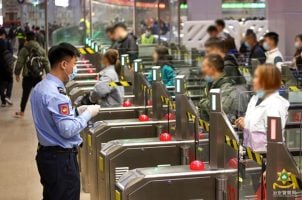
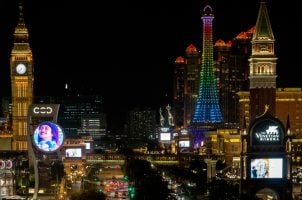
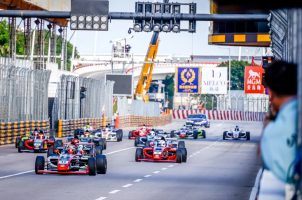
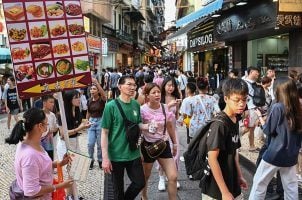









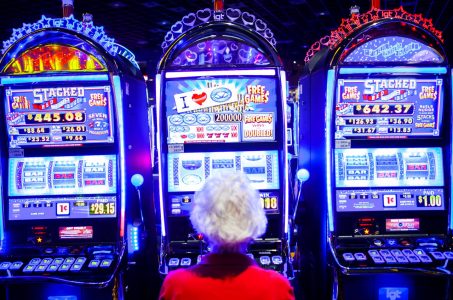


No comments yet